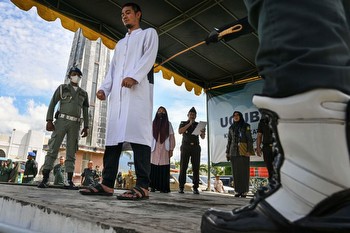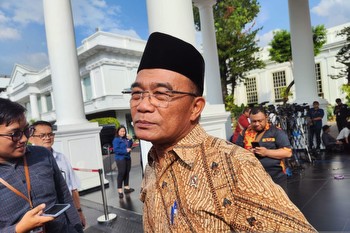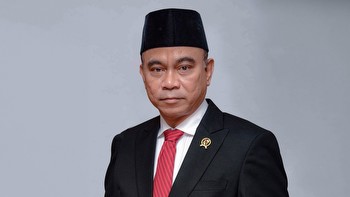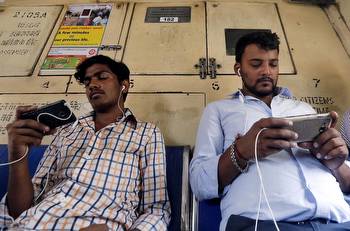INDONESIA Jakarta: gambling and online betting 'new social pandemic'
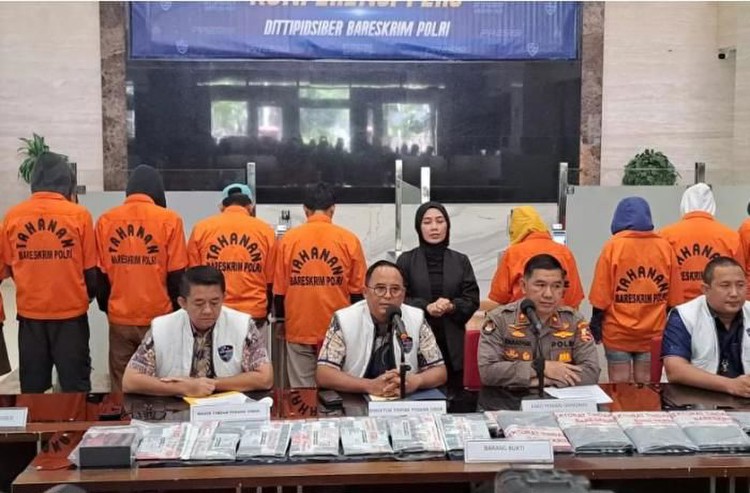
The phenomenon involves more and more Indonesians, particularly among the poorer sections of the population. At least 2% of those affected are children under the age of 10. At least 14 cases of suicide in the last year caused by financial bankruptcy due to addiction. President Widodo calls for policies to counter 'online judi'.
Jakarta (AsiaNews) - Gambling and online betting among minors: this is the new "pandemic" that worries the Indonesian authorities, a threat dubbed "judi online" for modern society, with 2% of the total number of people affected by addiction being children under the age of 10, for a total number of at least 80 thousand. Hence the response of the government and President Joko 'Jokowi' Widodo, who has called for policies to counter a 'disease' that is spreading through the population and needs to be tackled 'seriously'.
The most serious reason is that the overall loss amounts to billions of dollars, channelled massively to dozens of Asean countries (the Association that brings together 10 South-East Asian nations), as Minister for Policy, Legal Affairs and Security Hadi Tjahjanto stated yesterday.
"Some trillions of Indonesian rupees have ended up in the coffers of at least 20 countries" and the main beneficiaries "are Asean members," confirmed the head of the Centre for Financial Transaction Reporting and Analysis (Ppatk) Ivan Yustiavandana. "Our agency," added the Indonesian expert, "has frozen all these financial activities.
Tjahjanto, a former commander of the Indonesian armed forces, echoes a recently published report that there are '80 thousand' or 2 per cent of 'children suffering from gambling addiction', but the real number could be higher.
Moreover, the minister continues, '11 per cent are between the ages of 10 and 20, or 440 thousand people' in total. Again, '13 per cent are aged between 21 and 30, or 520 thousand people. The majority of gamblers with addiction problems,' he explains, 'are aged between 30 and 50 and account for 40 per cent of the total (1,640,000 people). The remainder is made up of people over the age of 50, or 34 per cent'.
Another critical element, says Tjahjanto, is the fact that 'most gamblers' come from 'low-income' social strata. They spend on average between 10 and 100 thousand Indonesian rupees, while the 'richer' ones 'burn' up to 40 billion Indonesian rupees. The number of low-income gamblers and bettors is around 80 per cent, over 2.3 million people. Finally, the minister confirmed that the police force will soon eliminate all sites dedicated to online gambling on the Internet. "The police forces," he concluded, "will also soon be involved in law enforcement operations" and already about four to five thousand bank accounts have been frozen.
It is not only gambling and betting addiction that drives dozens of Indonesians to take their own lives because of the financial difficulties resulting from the loss of money and savings. It is also the so-called online lending [pinjaman in the local language] that has driven people on an emotional wave to choose suicide in order to avoid the frustration caused by the total loss of their assets. Recent data explain that from early 2023 to April 2024, there are at least 14 cases of suicide caused by financial bankruptcy due to online gambling addiction.
A nun from East Java told AsiaNews that more and more people among the 'have-nots' can no longer sustain their daily lives due to the high expenditure of money on gambling and high-interest online loans, without being able to pay back the capital and interest.
"Dozens of people," explains the nun, who requests anonymity for security reasons and has knowledge in the field of finance, "came to me to express their depression, because they could no longer pay back both the principal of the loan and its high interest. Others lamented the loss of all their money and property'. 'It is urgent,' he concludes, 'to implement a special apostolate for these people trapped in depression.















